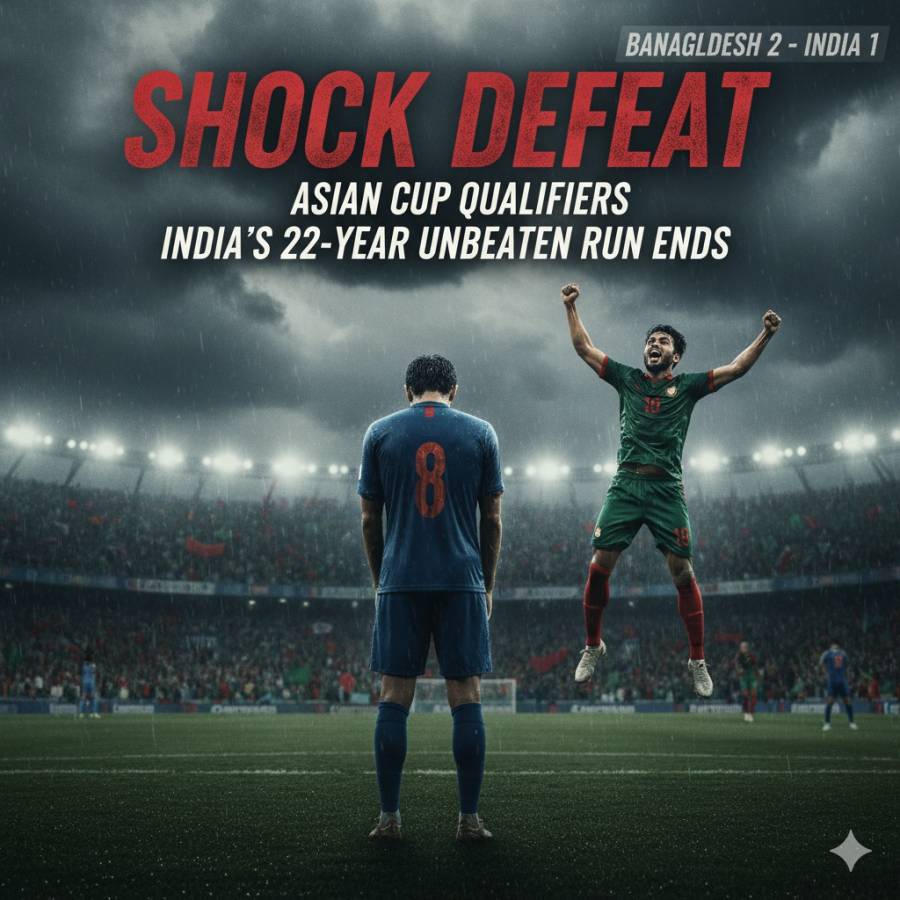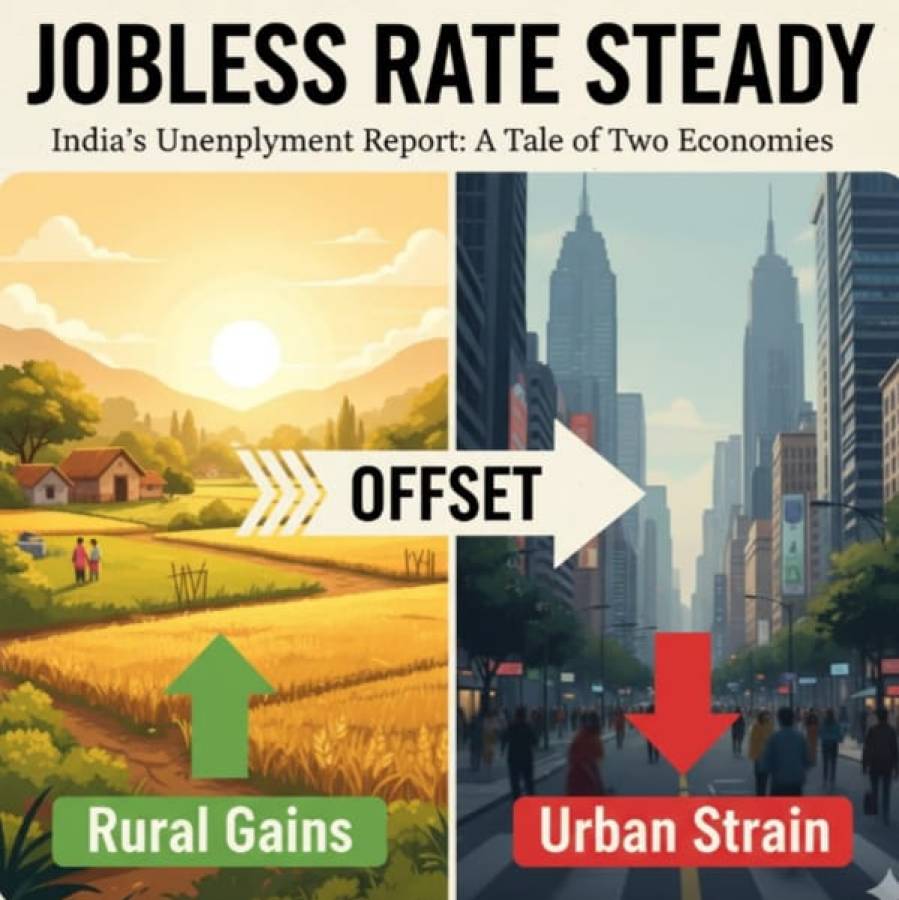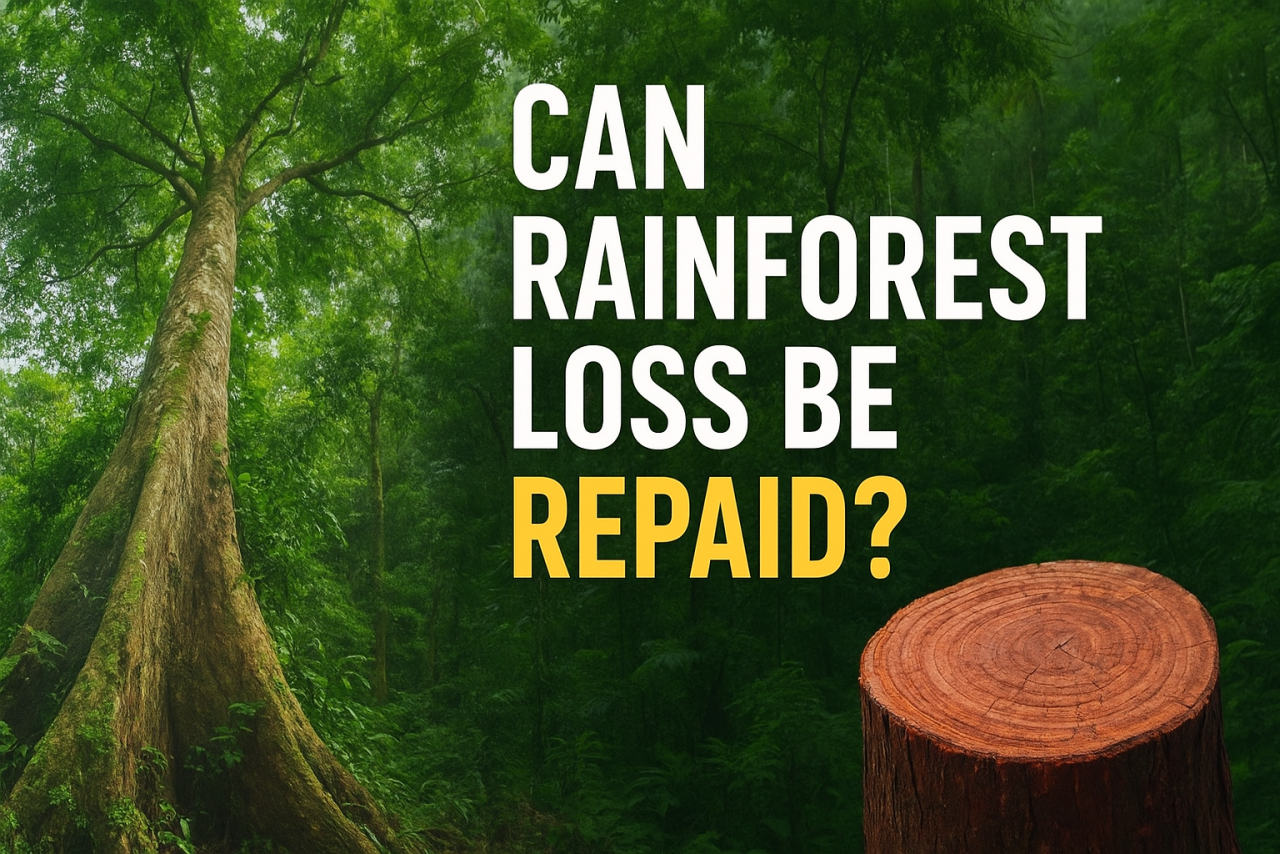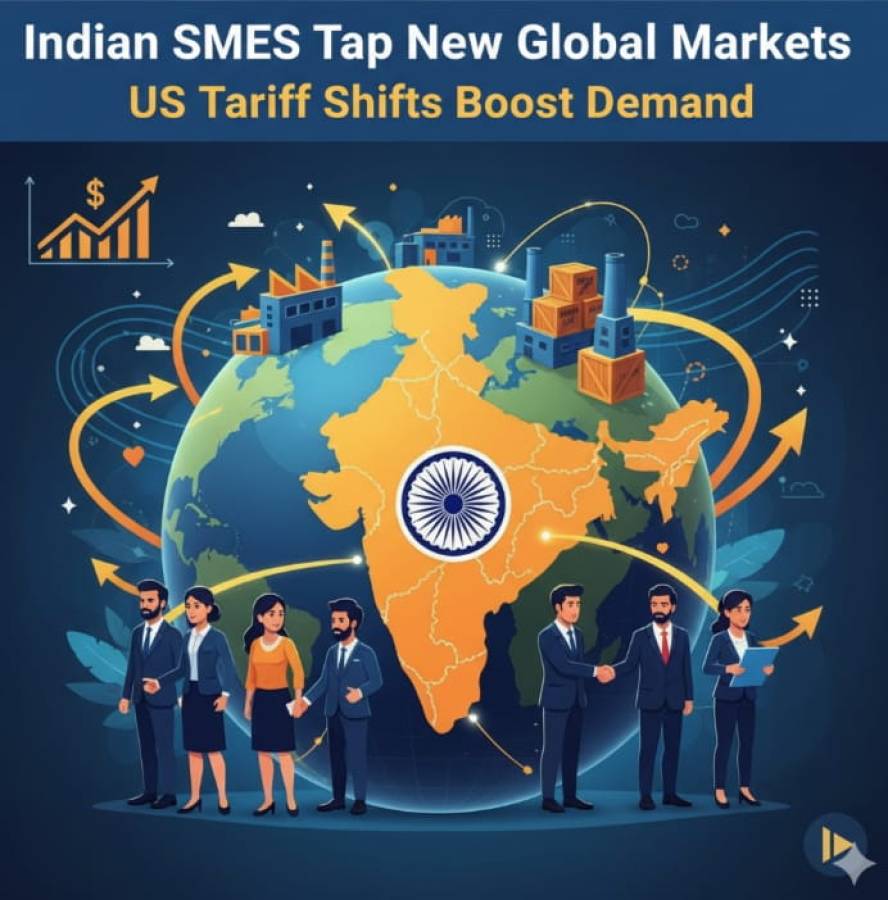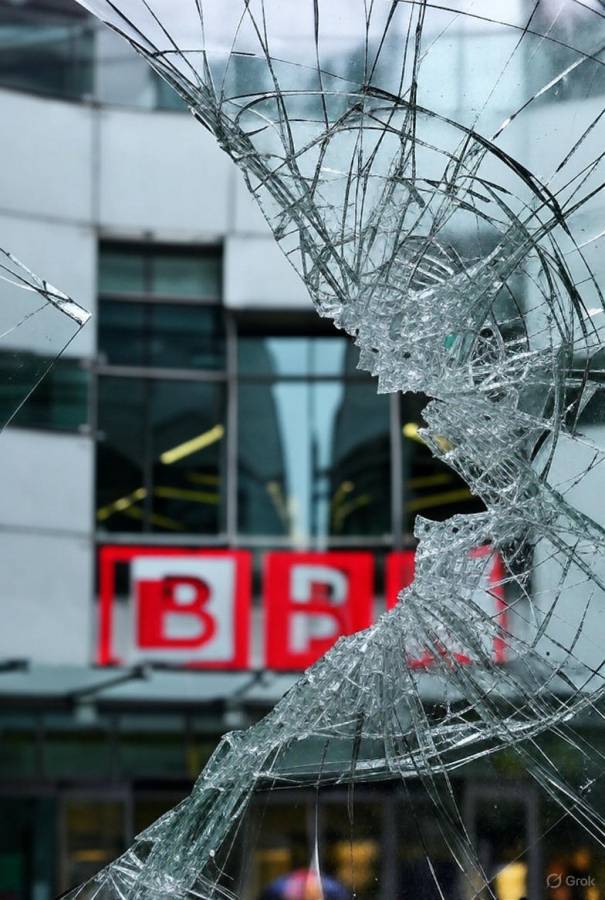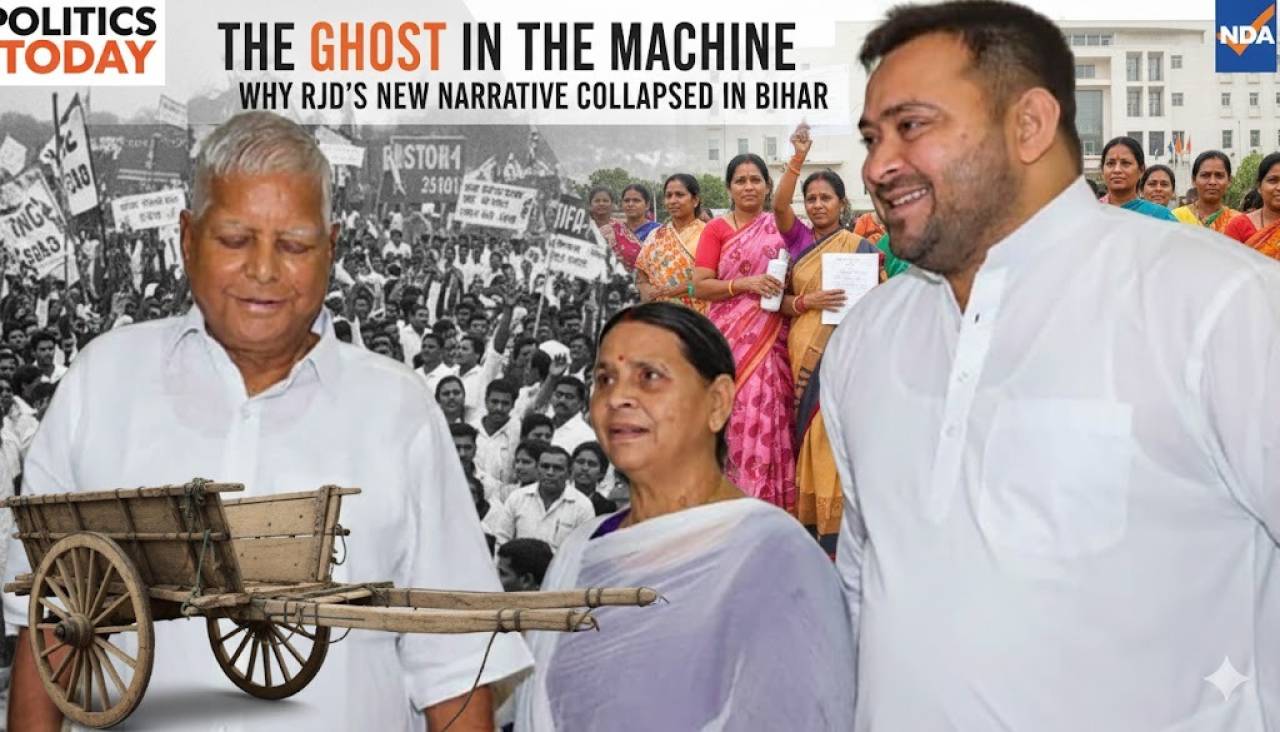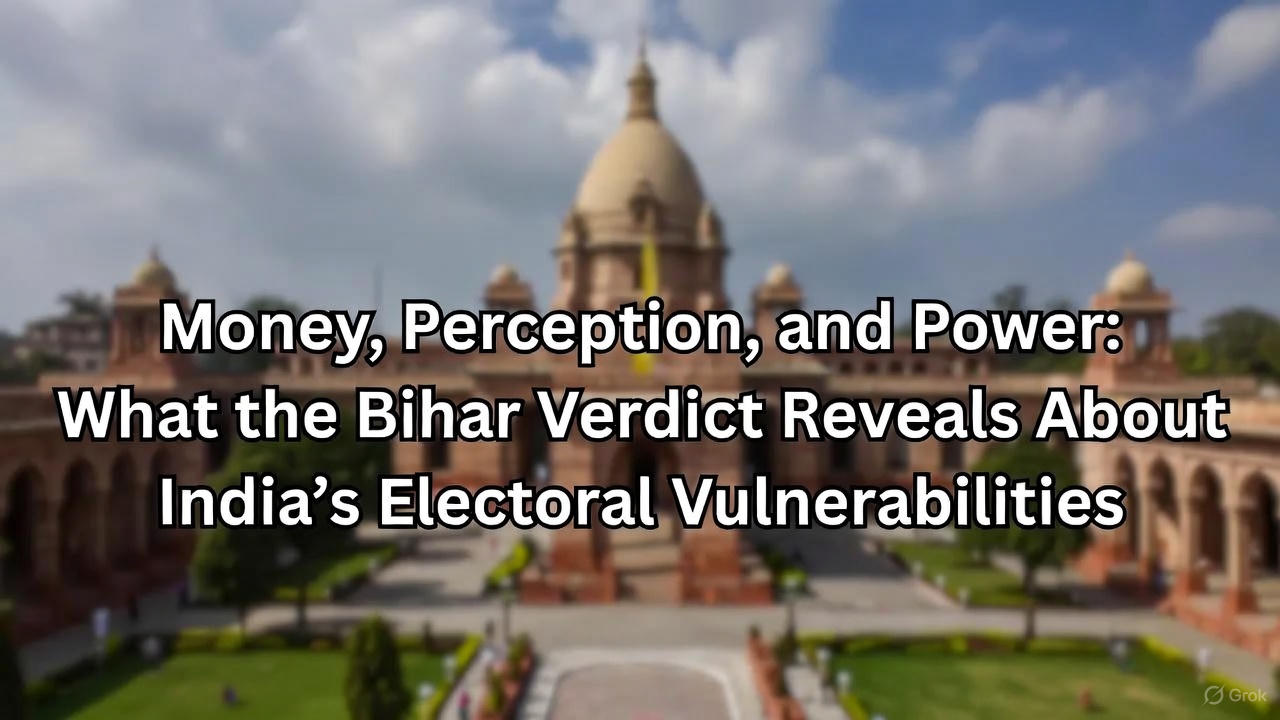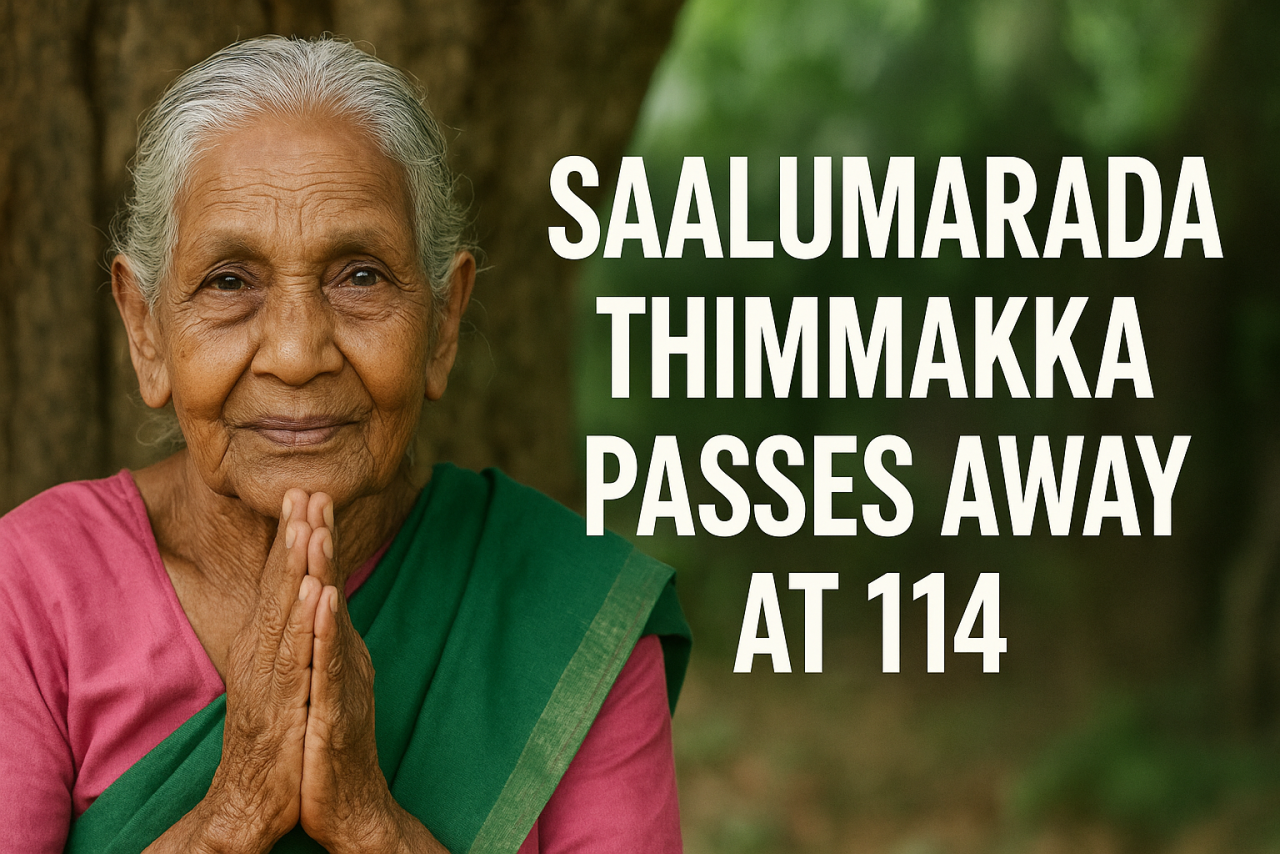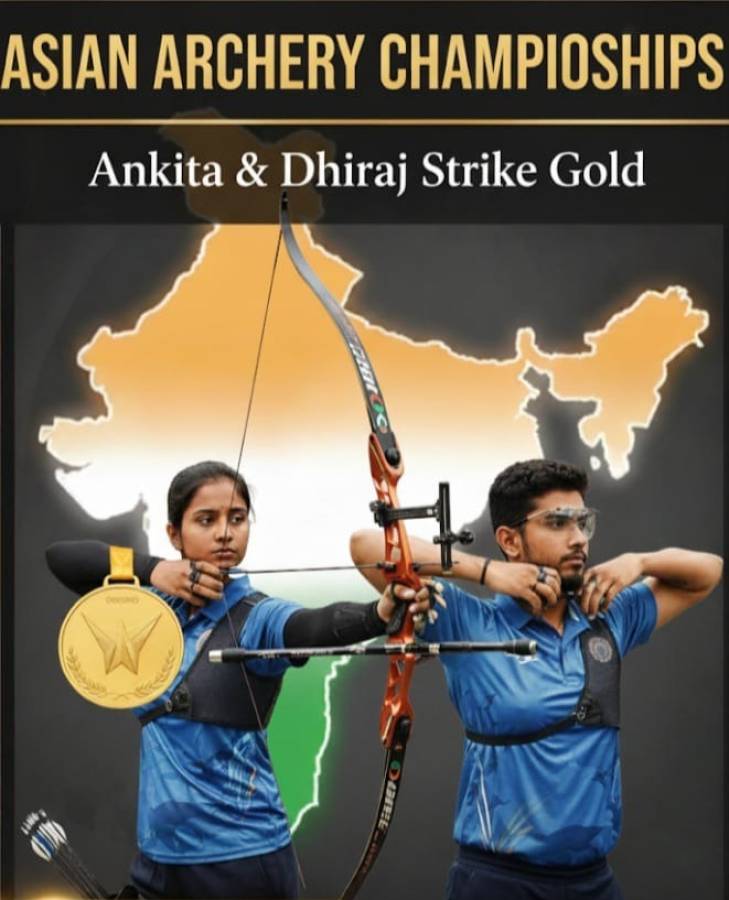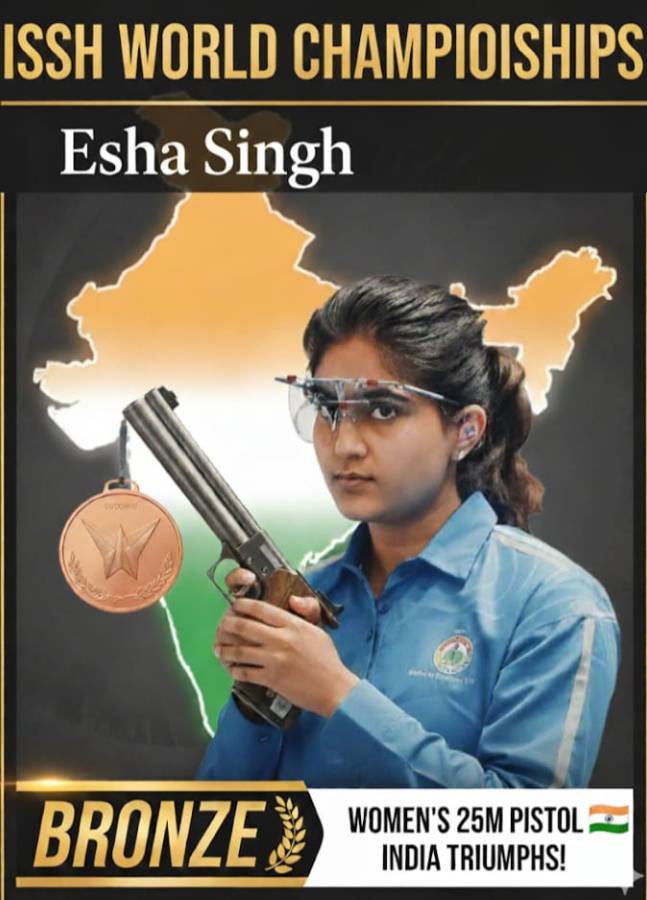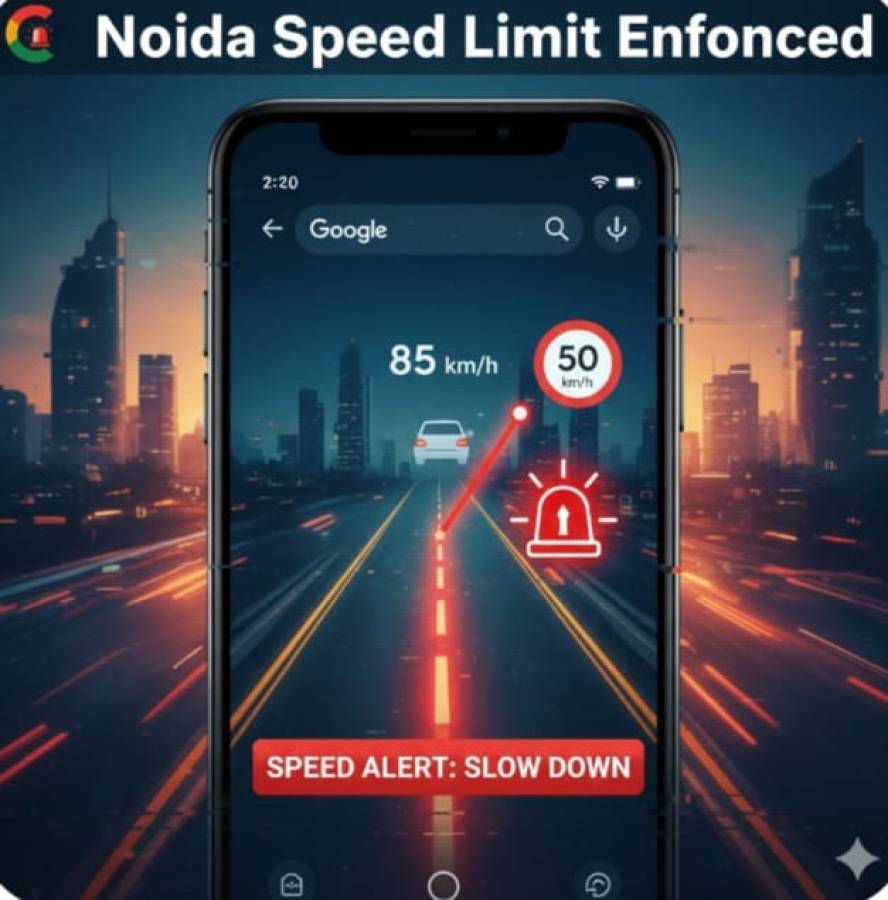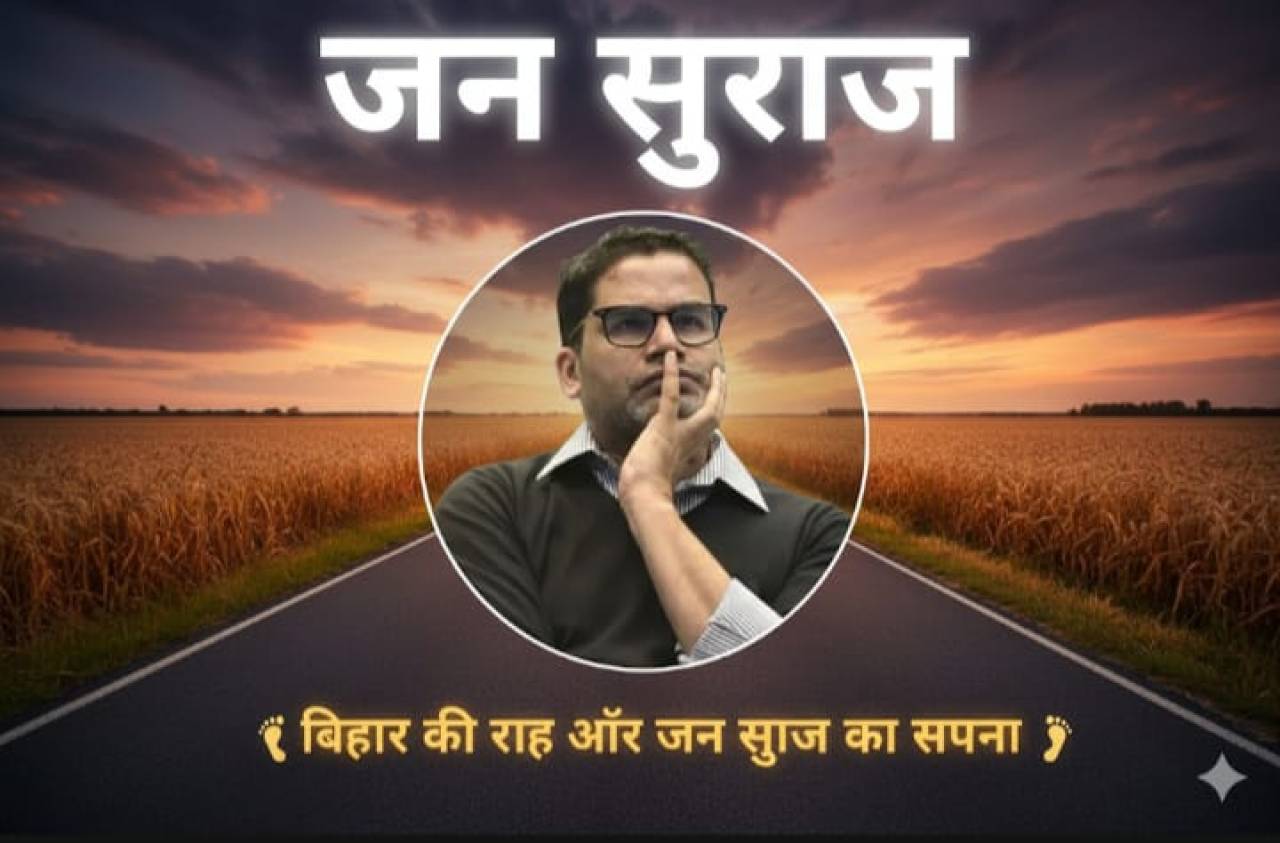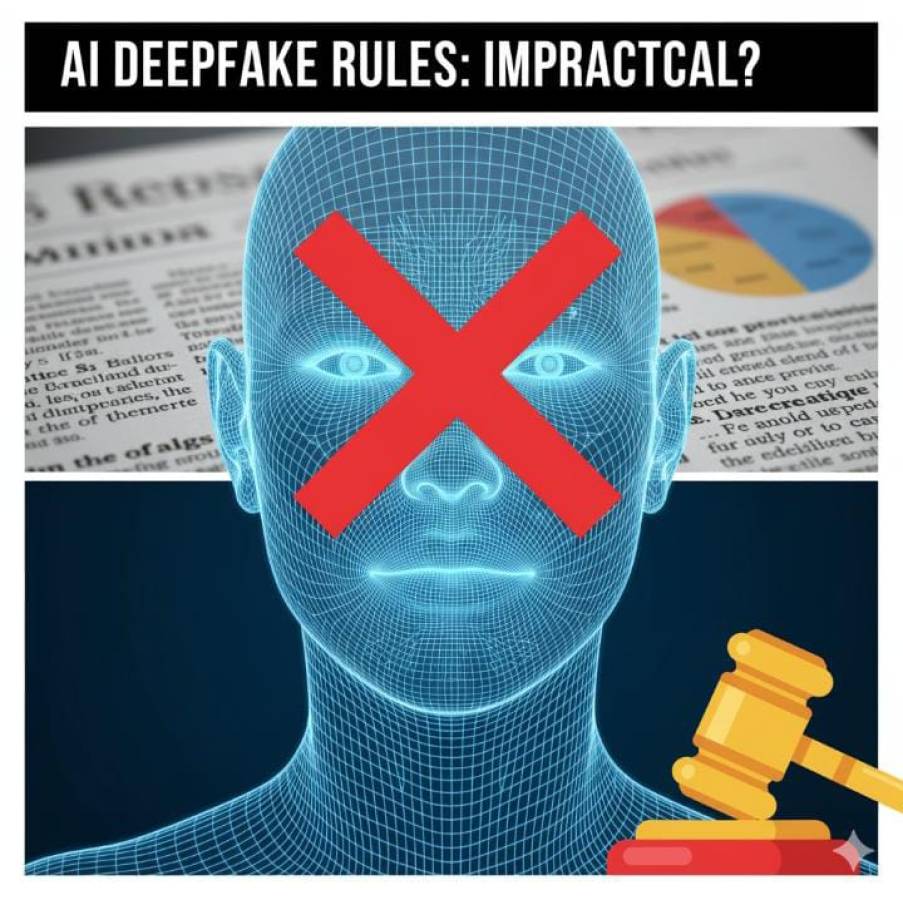
The Central Government has informed the Supreme Court that children of single mothers belonging to the Other Backward Classes (OBC) should not be denied caste certificates just because their father is not present. Whether the mother is unmarried, separated, or divorced, her child still deserves the benefits of reservation and official recognition under the OBC category.
This statement came after Santosh Kumari, a retired schoolteacher from Delhi, filed a Public Interest Litigation (PIL). She pointed out that in Delhi, OBC certificates are only issued if a male relative from the father's side belongs to the OBC group. She called for a nationwide rule to ensure that children of single OBC mothers do not face such unfair conditions.
The Ministry of Social Justice and Empowerment supported her plea. It stated that a child should be eligible for an OBC certificate based on the credentials of the parent who is raising them—whether that is the mother or the father. This is especially important in cases where the father is absent due to divorce, death, or abandonment.
The government noted that many families today are headed by single mothers who care for their children on their own. Denying these children a caste certificate simply because the father is not involved is unjust.
To address the issue across the country, the Centre suggested that the criteria for granting OBC status should be reviewed. Instead of focusing only on the father's background, the rules should consider the child’s social and educational disadvantages. The government also clarified that if a mother belongs to the OBC category and is solely raising the child, the child should be eligible for the certificate.
The situation becomes more complex when parents come from different castes. In many such cases, children face difficulties obtaining a caste certificate if only one parent belongs to a reserved group. For example, in some states, Scheduled Caste (SC) certificates are not issued unless the father is SC—even if the mother is.
The Supreme Court bench, led by Justices K.V. Viswanathan and N. Kotiswar Singh, acknowledged that this is a serious issue that needs careful attention. The Court asked state governments to submit their current rules so that a consistent national policy could be considered. It also emphasized that this matter directly affects the futures of many children and should be addressed thoughtfully.
At present, caste certificates are usually issued by district-level officers such as Sub-Divisional Magistrates (SDMs). However, the rules differ from state to state, and there is no uniform system across India for children raised by single parents. This lack of clarity often leads to confusion and injustice.
In its affidavit, the Centre acknowledged that even if such cases are not widespread, they are still important and deserve appropriate action. No child should suffer simply because their mother is raising them alone.
The government also pointed out that OBC reservations are subject to the "creamy layer" rule. This means that children from wealthier OBC families may not be eligible for reservation, even if they qualify otherwise. This rule does not apply to Scheduled Caste (SC) and Scheduled Tribe (ST) groups, where there is no income cap.
Finally, the Centre stated that any major change in this policy should come through proper legislation passed by Parliament—not just through court rulings. Such changes should be based on facts and reflect the realities of today’s society.
This case has drawn national attention to the challenges faced by children of single OBC mothers. With support from the Centre and involvement of the Supreme Court, many hope it will lead to a fairer and more modern system for issuing caste certificates in India.


